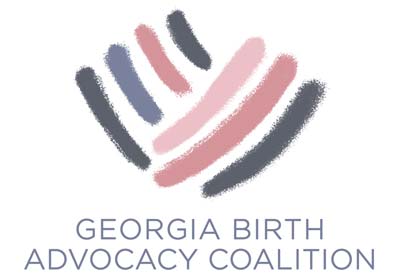Birth Trauma
16% of women have symptoms of PTSD after giving birth.
About a third of women describe their births as traumatic, and 16% have trauma severe enough to warrant a PTSD diagnosis. This puts childbirth among the leading causes of PTSD and trauma. In almost all cases, the trauma is preventable.
A 2017 study found that provider maltreatment is the leading cause of birth trauma, accounting for at least 66% of cases. Participants in that study identified the following as the most prevalent sources of trauma:
lies, threats, and coercion by providers
disregarding women’s right to make decisions about their own bodies
ignoring women’s experiences and assertions about their births
Another 2017 study identified the most common causes of childbirth trauma as:
loss of control over one’s own body or choices
fear for the health or safety of the baby
severe physical pain
poor communication from a provider
Birth trauma has far-reaching implications for birthing people, their families, and society. People who feel traumatized by birth are more likely to experience postpartum depression and anxiety. They have more difficulties bonding with their babies, and are more vulnerable to health problems in the postpartum period and beyond.
Exposure to birth trauma can also cause women to avoid medical care for future pregnancies, potentially increasing their risk of additional trauma and serious pregnancy complications.
Despite this clear link between birth trauma and long-term social and health issues, there are few resources for women experiencing birth trauma. Many are told to get over it, or to be grateful that their babies are healthy. Some suffer for years without help.
We need to do much more to prevent birth trauma and to equip families to cope with its aftermath. A number of local doulas offer postpartum support. Postpartum Support International also provides support groups for people struggling after giving birth.

